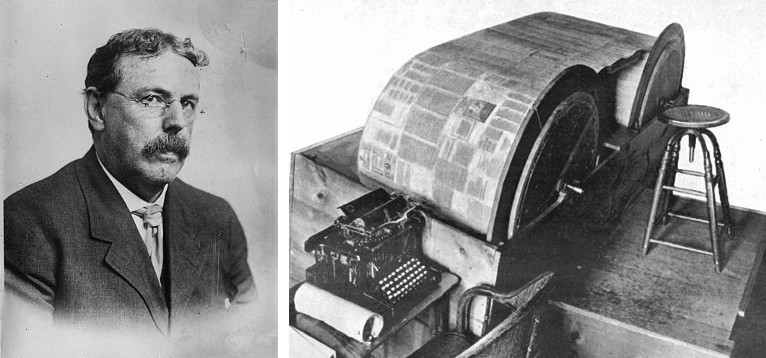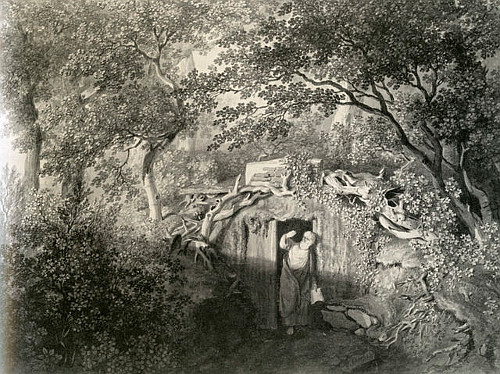The San Diego Daily Union of April 25, 1876, records a wedding by telegraph. W.H. Storey was the U.S. Signal Service operator at Camp Grant, Ariz. He couldn’t get leave to travel to San Diego, where Clara Choate lived, and there was no minister within hundreds of miles of the camp, so it appeared that the wedding couldn’t take place. But Storey thought, “A contract by telegraph is binding; then why can we not be married by telegraph?”
They were. Clara traveled to Camp Grant, and the pair were married over the wire by Jonathan L. Mann, pastor of the Methodist Episcopal church of San Diego. Lt. Philip Reade invited all managers along the line between California and Arizona to be present at their stations as wedding guests.
At 8:30 p.m. the father of the bride sent this message from San Diego:
Greeting to our friends at Camp Grant. We are ready to proceed with the ceremony.
D. CHOATE AND PARTY.
The answer came back:
We are ready.
W.H. STOREY.
CLARA E. CHOATE.
Then the Rev. Mr. Mann read the marriage service, which was repeated to Camp Grant as uttered, word for word, by Mr. Blythe, chief operator at the San Diego office. At the proper moment, the solemn ‘I do’ came back over the wires signed first by ‘William H. Storey,’ then by ‘Clara E. Choate.’ Then, following the words of the minister, the instruments clicked.
‘As a token of your sincerity you will please join your right hands.’
The answer came promptly: ‘It is done.’
The service was then concluded in regular form, after which congratulatory messages were sent the bride and groom from all stations. Suddenly Chief Operator Blythe of San Diego broke in and telegraphed Mr. Storey that ‘the Silver Cornet band of San Diego is just outside the office, giving you and your bride a serenade,’ a welcome that was warmly appreciated even though it was not heard at Camp Grant, 650 miles away.
Mr. and Mrs. Storey are still living in San Diego and have a happy family of five bright children who will always find pleasure in telling the story of their parents’ romantic wedding.






